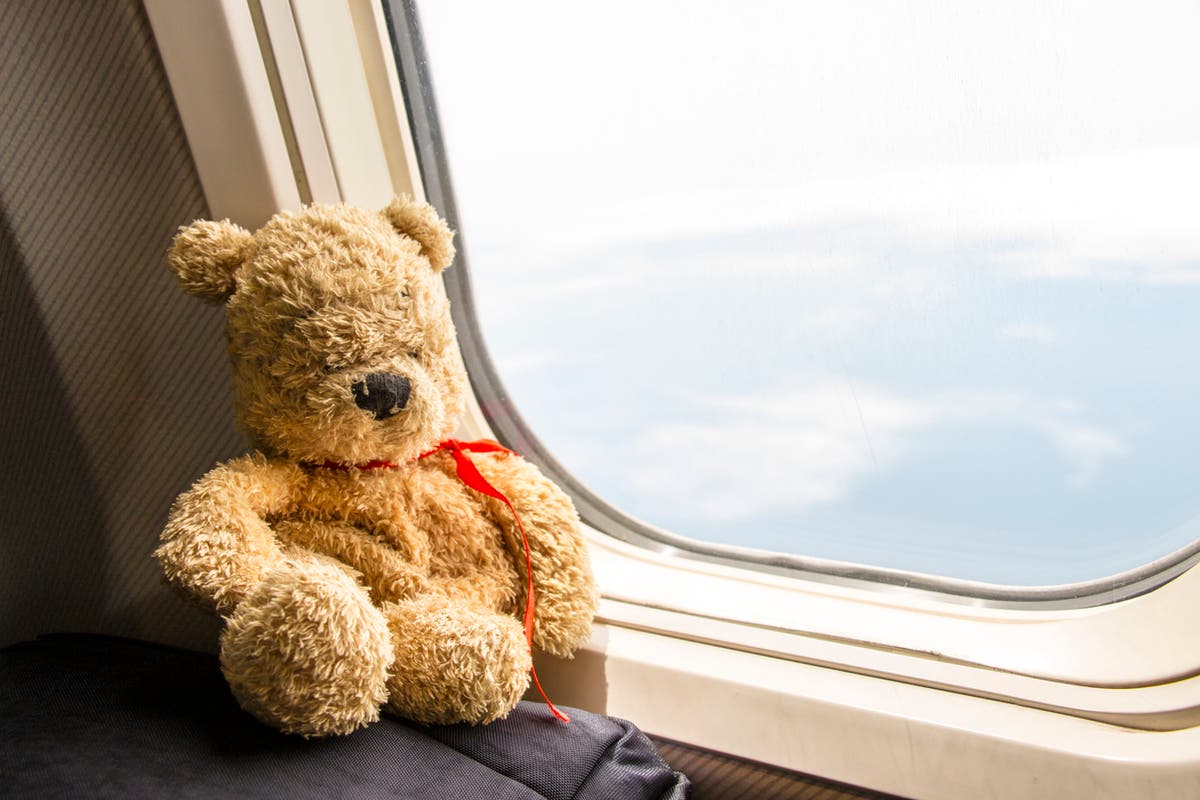Are surcharges coming back to travel?
The Man Who Pays His Way: Putin’s disaster will have repercussions across the world

The eyes and sympathies of the world rest with the people of Ukraine. Yet the disaster that Vladimir Putin has perpetrated will have repercussions across the world and in our daily lives.
As I write, the price of Brent crude oil – a good proxy for the cost of aviation fuel – is sitting at $115 (£87) per barrel. That is its highest level since 2014, and is exactly 50 per cent higher than the cost at the start of 2022, just nine weeks ago.
“In the ‘good old days’, whenever there was an oil crisis, the airlines added fuel surcharges,” reminisces reader Ian S. “Any sign of that being reintroduced?”
Fuel is one of the key costs of aviation, of course – and the higher the price of oil, the bigger a proportion it represents of airlines’ bills. Many airlines are partially “hedged” (ie hold contracts to buy their fuel needs at a specific price). But hedging itself is a cost, and most carriers are at least partly exposed to the spike in the oil price caused by Russia’s murderous invasion of Ukraine.
After two years of severe pain caused to the aviation industry by the coronavirus pandemic, the uncontrolled, soaring price of one of its key costs will set back its recovery still further. The spike will also push up the general level of air fares, and stifle expansion in capacity.
Yet that does not translate to your turning up at Heathrow or Manchester and being asked to hand over a £20 note before you are allowed onboard.
In modern times I am unaware of carriers going after passengers who have paid in full and asking for more cash (though occasionally unscrupulous travel agents have tried to do so).
What British Airways and Virgin Atlantic have done in the past – notably in 2007-08, when the price of oil surged – is announce fuel surcharges on new bookings.
For most passengers, this has no particular significance: airlines are required to quote fares inclusive of fees, taxes and surcharges. You don’t see fares to, say, New York suddenly rising by £50. On most routes, competition decides the fare, and if airline X imposes a sudden hike, however well justified, we passengers will go with carrier Y.
The travellers who are particularly susceptible to fuel surcharges are frequent flyers redeeming points for “free” flights. They are expected to pay not just government taxes, such as air passenger duty and airport fees, but also a “carrier-imposed surcharge”. Currently on British Airways that amounts to £105 for a one-way flight to the US. It may increase soon.
These carrier-imposed surcharges diminish the difference between frequent-flyer reward flights and ordinary commercial fares – making loyalty schemes rather less appealing, and effectively devaluing the accrued miles.
For the rest of us, if the price of oil remains high or increases further, fares are likely to rise. But that won’t be because airline X or Y has a specific fuel surcharge: it will be because airlines keep a lid on supply, pushing up prices in order to make their operations viable.
Finally, if you have booked a package holiday, there is some chance the tour operator may come after you for some extra cash. They are allowed to do so, if they can demonstrate that their costs have risen sharply. Which, in these dark days, should not be difficult.
The law is strict, though: increases of below 2 per cent must be absorbed by the travel provider, and for anything above 8 per cent, they must offer the option to cancel for a full refund instead. Most surcharges tend to be exactly 8 per cent, predictably enough.
If only we could predict events in southeast Europe with such certainty.

 Tfoso
Tfoso 
































